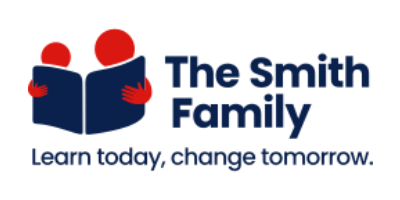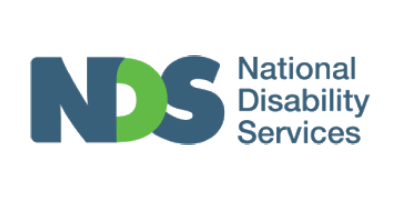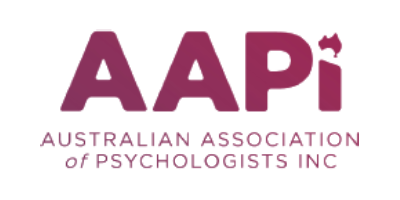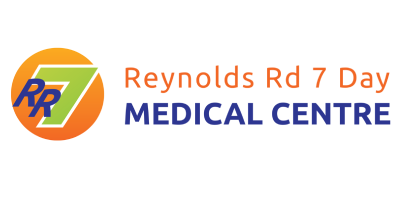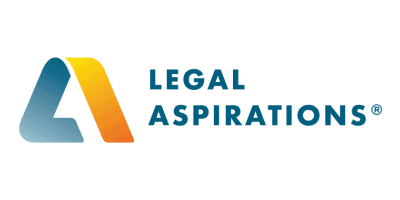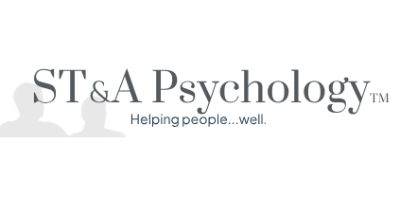Play Therapy Psychologist and Clinical Psychologist
What is Child Centred Play Therapy?
A therapy offered to children between 2 and 7 Child Centered Play Therapy an evidence based treatment and the philosophy that every child has an innate ability to express their innermost feelings, thoughts and challenges; to learn to modulate their feelings and behaviours; develop a positive sense of self; problem solve solutions and improve resilience in even the most challenging of situations.
The specific communication style the psychologist uses supports an accepting, warm and trusting relationship with limit setting in the context of the child’s natural language of play. The child is able to undertake the internal work that they require to heal themselves with lasting changes.
How will I know if play therapy is suitable for my child?
Play therapy helps children with social or emotional difficulties express their emotions better, improve their behaviour, practice problem-solving and improve their social relationships.
Play therapy can be used to help children with the following issues:
- Anxiety or depression
- Grief
- Depression
- Learning disabilities
- Behavioural disorders
- ADHD
- Autism spectrum
Your child does not need to have a diagnosis to benefit from play therapy, it can be very useful if your child is experiencing any of these circumstances:
- Issues with them or other family members with a serious illness or hospitalisation
- Family conflict or aggression issues
- Abuse
- Trauma
- Family crisis
- School change
- Self-esteem issues
- Peer problems
How often will my child need to attend?
Continuity and consistency is important for children to feel safe and heal therefore sessions usually occur on a weekly basis at the same time for 45 minutes each. The number of sessions is dependent on the nature and severity of the presenting problem/s ranging from 6 weekly consultations to weekly sessions over a period of up to 2 years.
Play Therapy Psychologists
Francisca Lessa
Psychotherapist
For children within the 5 to 10 age range, I follow the 8 principles of child-centred Play Therapy an evidence-based treatment grounded within the philosophy that every child has an innate ability to express their innermost feelings, thoughts and challenges within a safe environment. Children learn to modulate their feelings and behaviours; develop a positive sense of self; problem-solve solutions to life’s difficulties and improve resilience in even the most challenging of situations.
Stages of Child Centred Play Therapy
A child who attends Child Centered Play Therapy will usually progress through four main stages. Each child will progress through the stages differently and there is no right or wrong way. A child may progress through stages in a consecutive order or move backwards and forwards through the stages. The child’s progress is dependent on their individual experiences of the world to understand and work through their challenges.
Stage 1 Warm up Stage or Exploratory Stage
- Developing a sense of what the therapy space is for and what they can or cannot do.
- Exploration of the therapy room and getting to know the therapist.
- Testing the limits and boundaries with the therapist.
Stage 2 Aggressive or Testing for protection Stage
- When a child feels secure enough in the therapeutic relationship they will start to express their presenting issues (e.g., anger, behavioural concerns) and feel safe to test the boundaries.
- Limits may be set with the child (e.g., supporting the child to remain in the room, providing options for the child to express their anger)
- The child learns to understand their inner selves and heal by learning skills through play.
- The child expresses themselves and their presenting problems and feels accepted, safe and supported.
Stage 3 Regressive or Dependency Stage
- Working through safety and protection concerns, grief and loss, separation, understanding good or bad or feelings of low self-esteem.
- The child may exhibit increased dependency or regressive behaviour’s to help them to feel safe (e.g., asking the therapist to do things for them that are able to do for themselves, acting like a baby).
- The therapist facilitates progress by supporting the child to express their inner-self (thoughts, feelings/emotions and belief’s) and engage in problem solving.
Stage 4 Mastery or Therapeutic Growth Stage
- A resolution is reached, the child feels good about themselves and different behaviours are present (reduction of problematic or challenging behaviours).
- A confident sense of self, self-acceptance and worth through mastery of self-directed and appropriate expressions of their unique personality (their true self) develops.
- The child is able to express their feelings/emotions and understanding of the world freely with no/minimal distress.
- The child learns a sense of control (not needing to be in control) to choose and apply effective problem solving and emotion regulation skills that facilitates resilience and self-efficacy.
NOTE: When a child reaches a resolution the child may need another (1-4) sessions to consolidate the changes, prepare the child for termination of therapy and to say good-bye to the therapist and the therapy play room.
The information provided was compiled by Natalie Marques (Registered Psychologist) with reference to authors and Child Centered Play Therapists Dr. Garry Landreth, Louise Guerney, and Jewel Janan.
If you are interested in other Child related Psychologist services you can read more here
Where are you located?
A resolution Applecross has been proudly helping the people of Perth for over 10 years. Set in the heart of Applecross Community Village (Private entry on the first floor via stairs) and Reynolds Road Medical Centre (Wheelchair accessible). We are conveniently located just off the Kwinana Fwy. Nearby suburbs include South Perth, Como, Booragoon, Victoria Park, Mount Pleasant, Rossmoyne, Fremantle, Willeton and more.
Aresolution Community Partners
Our couch, Your private space
Our private and warmly appointed rooms provide the perfect space for you to begin your journey of self-development. We are located near Applecross Village with a private rear entry, upstairs at the back of the building. You can also book Online Therapy sessions.
Book Online
Make and manage your appointments online, our diary portal makes it easy.




